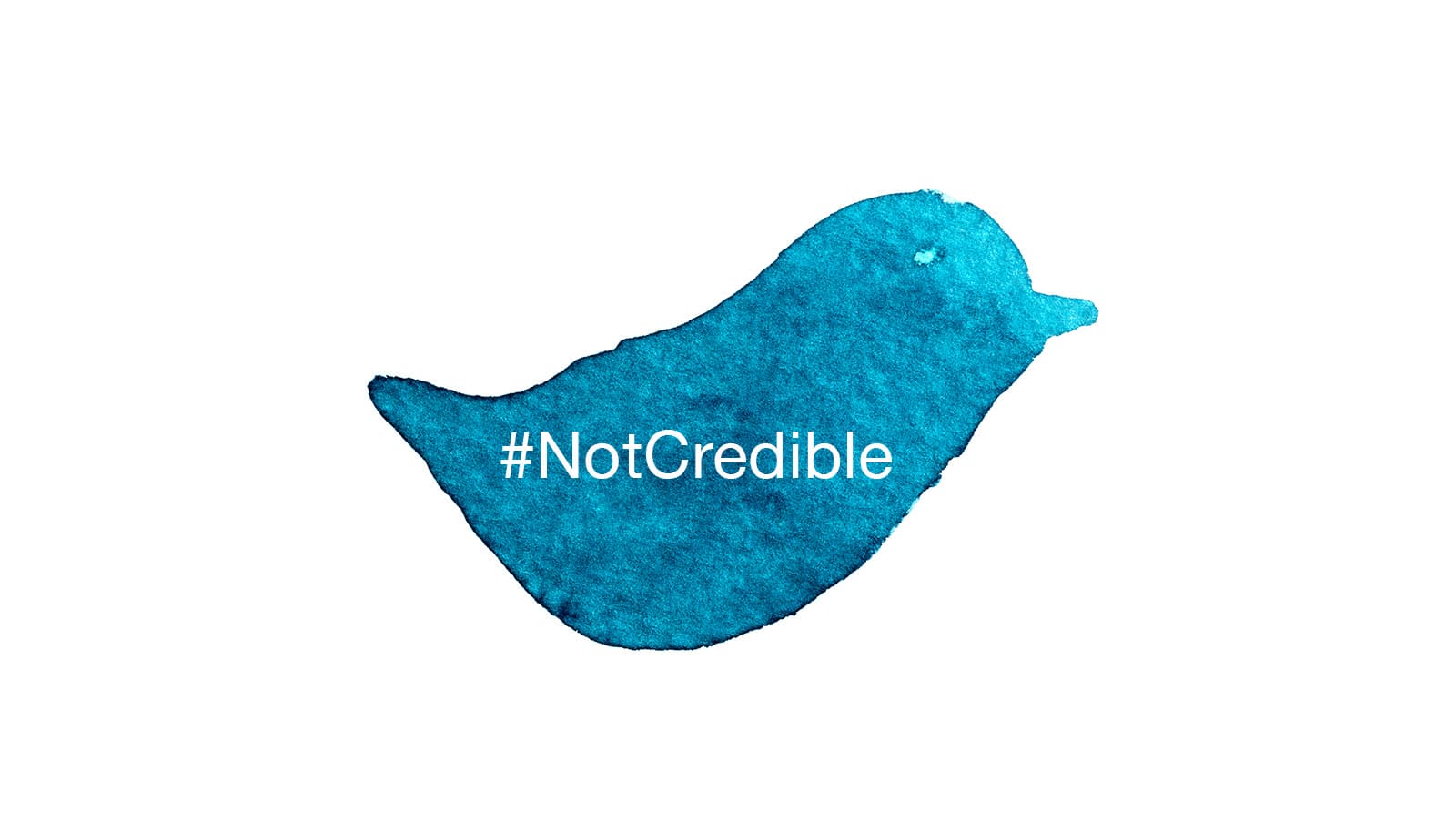A new system can judge the perceived reliability of a tweet based on word types. Scientists developed it after scanning 66 million tweets linked to nearly 1,400 real events.
“There have been many studies about social media credibility in recent years, but very little is known about what types of words or phrases create credibility perceptions during rapidly unfolding events,” says Tanushree Mitra, a PhD candidate at the Georgia Institute of Technology who led the research.
“Twitter is part of the problem with spreading untruthful news online. But it can also be part of the solution.”
Mitra and colleagues looked at tweets surrounding events in 2014 and 2015, including the emergence of Ebola in West Africa, the Charlie Hebdo attack in Paris, and the death of Eric Garner in New York City. They asked people to judge the posts on their credibility (from “certainly accurate” to “certainly inaccurate”).
Then the team fed the words into a model that split them into 15 different linguistic categories. The classifications included positive and negative emotions, hedges and boosters, and anxiety.
Hedge words and retweets
The computer then examined the words to judge if the tweets were credible or not. It matched the humans’ opinions about 68 percent of the time. That’s significantly higher than the random baseline of 25 percent.
“Tweets with booster words, such as ‘undeniable,’ and positive emotion terms, such as ‘eager’ and ‘terrific,’ were viewed as highly credible,” Mitra says. “Words indicating positive sentiment but mocking the impracticality of the event, such as ‘ha,’ ‘grins,’ or ‘joking,’ were seen as less credible. So were hedge words, including ‘certain level’ and ‘suspects.'”
Higher numbers of retweets also correlated with lower credibility scores. Replies and retweets with longer message lengths were thought to be more credible.
“It could be that longer message lengths provide more information or reasoning, so they’re viewed as more trustworthy,” she says. “On the other hand, a higher number of retweets, which was scored lower on credibility, might represent an attempt to elicit collective reasoning during times of crisis or uncertainty.”
Tool called ‘Hoaxy’ fact-checks fake news
The system isn’t deployable yet, but the team says it eventually could become an app that displays the perceived trustworthiness of an event as it unfolds on social media.
“When combined with other signals, such as event topics or structural information, our linguistic result could be an important building block of an automated system,” says Eric Gilbert, Mitra’s advisor and an assistant professor in Georgia Tech’s School of Interactive Computing. “Twitter is part of the problem with spreading untruthful news online. But it can also be part of the solution.”
Researchers will present a paper describing the work in February at the 20th ACM Conference on Computer-Supported Cooperative Work and Social Computing in Portland, Oregon.
Source: Georgia Tech



